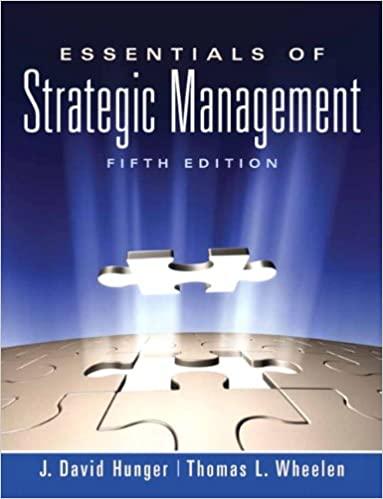Question
Please JUSTIFY or Agree/Disagree with the writer or Answer the Following in half page (SHORT NOTE). And please do mention if you are Justifying,Agreeing,Disagreeing or
Please JUSTIFY or Agree/Disagree with the writer or Answer the Following in half page (SHORT NOTE). And please do mention if you are Justifying,Agreeing,Disagreeing or Answering the Following. Thanks
The note should have intext citations. For example, anything with numbers or quotes per paragraph. The intent citation just needs to be the Author's last name and year it was published. Please also include REFERENCES. Thanks
XXXXXXXXXXXXXXXXXXXXXXXXXXXXXXXXXXXXXXXXXXXXXXXXXXXXXXXXXXXXXXXXXXXXXXXXXXXX
the Big Mac index was created in 1986 and is based on the concept of purchasing power parity. According to PPP, exchange rates are determined by the cost of the goods that can be purchased with various currencies. The Big Mac Index looks at the cost of a Big Mac burger as a measure of purchasing power parity (PPP) in various countries. It is based on the law of one price theory, which asserts that equivalent goods ought to have a uniform price across all marketplaces when translated to a single currency. If the Big Mac is cheaper in the chosen nation than in the United States, then the value of the local currency must be reduced.
This implies that the chosen country's potential quality of living may be lower than that of the United States. The cost of living may be lower in the country of choice, making goods and services more accessible to its citizens. On the other hand, it indicates that the country's currency is overvalued if the Big Mac there is more expensive than in the United States.
This suggests that the chosen country may have a greater prospective level of living than the United States. The chosen nation's people may pay a higher relative price for products and services due to a greater cost of living. The possible pay level in the selected country can also be learned about using the Big Mac Index. If a Big Mac costs less in the chosen nation than it does in the United States, it can mean that wages there are generally lower.
On the other hand, it can imply that wages are generally higher in the chosen country if a Big Mac costs more in the chosen country than they do in the United States.
In Europe, Japan, and Canada, burger prices are rising more quickly than in the United States, which causes their currencies' purchasing power to decline more quickly than the dollar's.
That is bringing their fair values and market values closer together. According to its ability to purchase a hamburger in January, the fair worth of the euro was $1.10. This is due to the fact that in Europe, 10 could buy as many Big Macs as $11 could in America. However, on the currency exchange markets, $10 was only worth $10.90. By this standard, the dollar appeared to be expensive and the euro to be inexpensive.
The Economist Newspaper. (n.d.). The dollar is now better value, says the big mac index. The Economist. https://www.economist.com/finance-and-economics/2023/08/03/the-dollar-is-now-better-value-says-the-big-mac-index
The Economist Newspaper. (n.d.-a). Our Big Mac index shows how Burger Prices Are Changing. The Economist. https://www.economist.com/big-mac-index
Step by Step Solution
There are 3 Steps involved in it
Step: 1

Get Instant Access to Expert-Tailored Solutions
See step-by-step solutions with expert insights and AI powered tools for academic success
Step: 2

Step: 3

Ace Your Homework with AI
Get the answers you need in no time with our AI-driven, step-by-step assistance
Get Started


